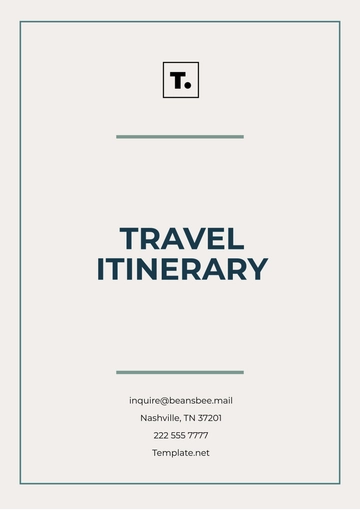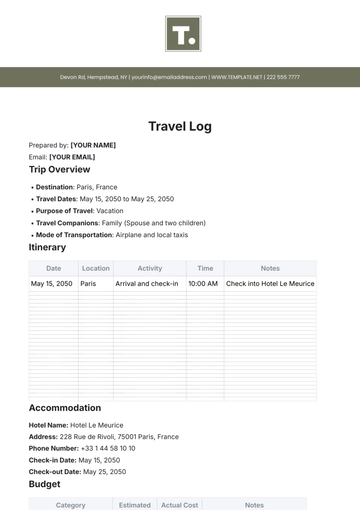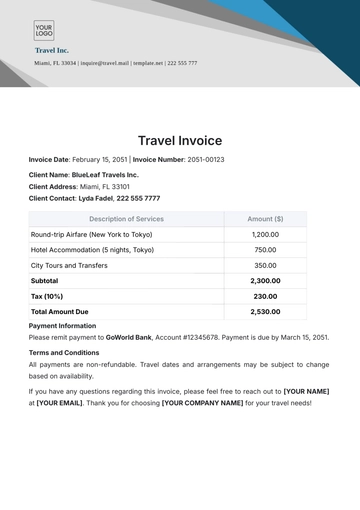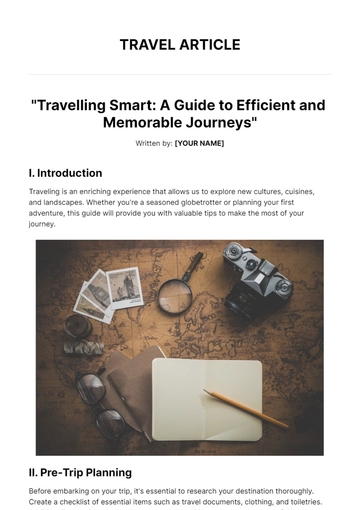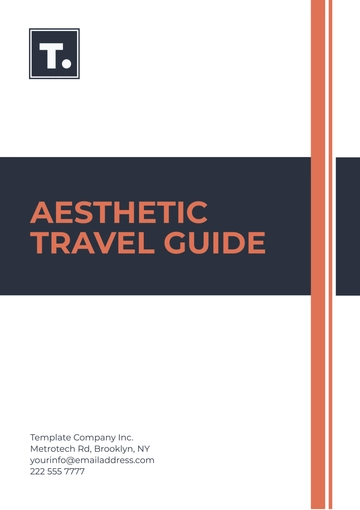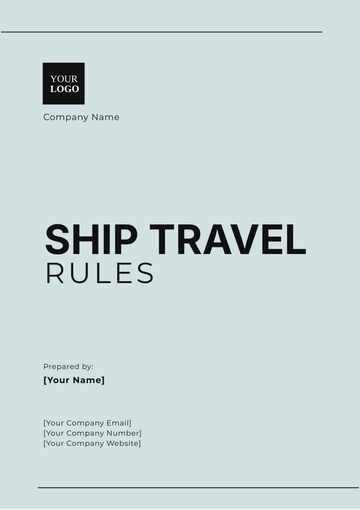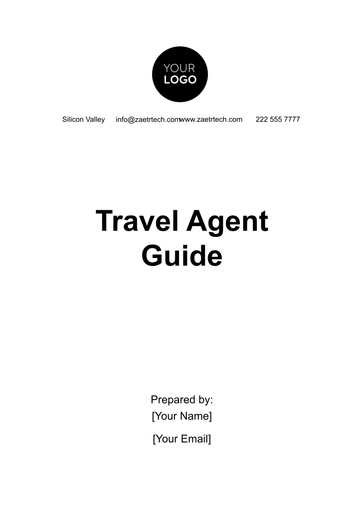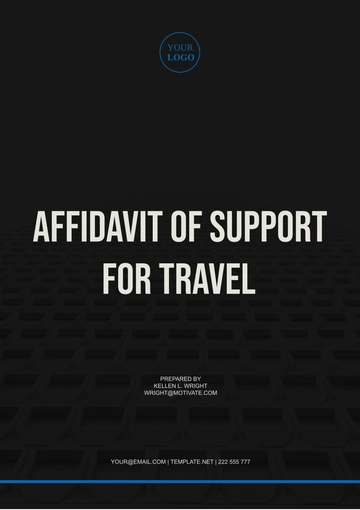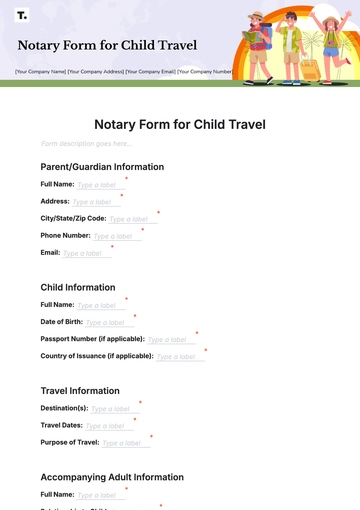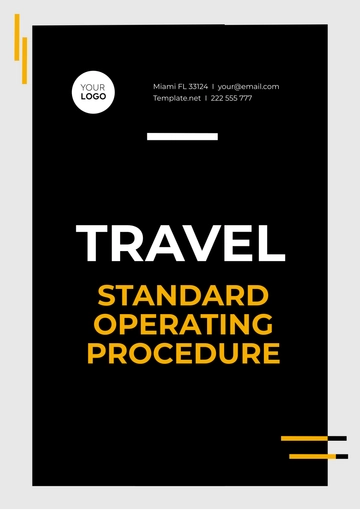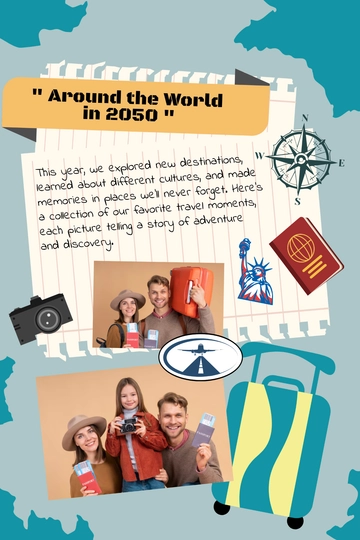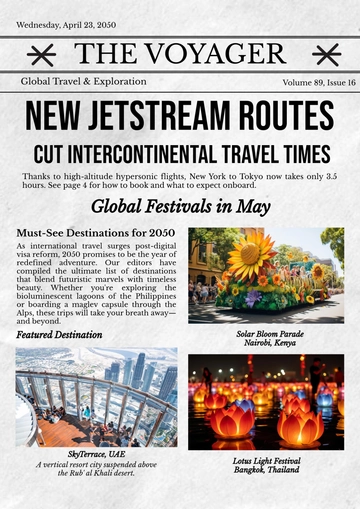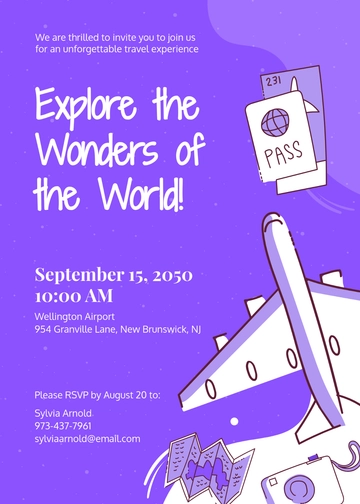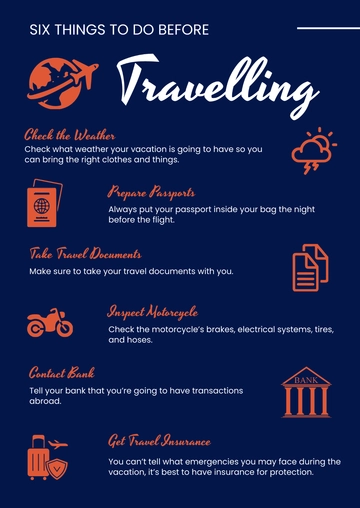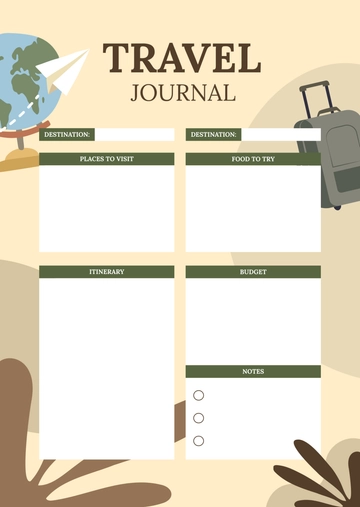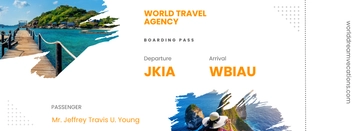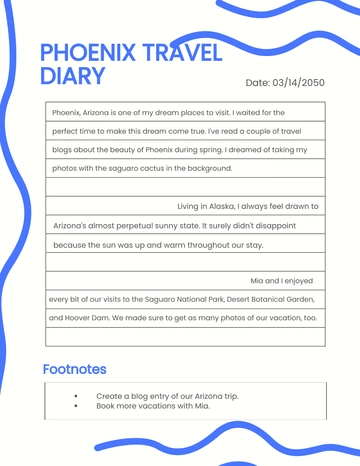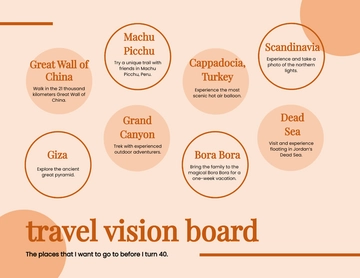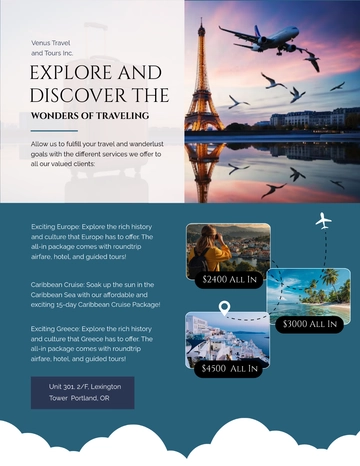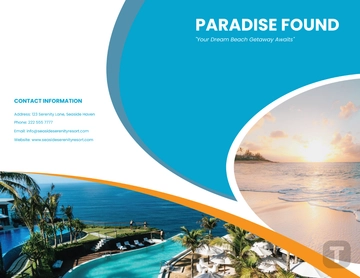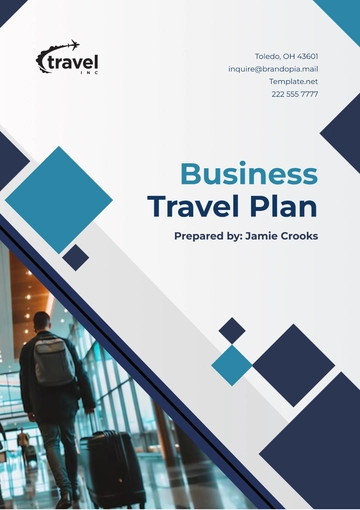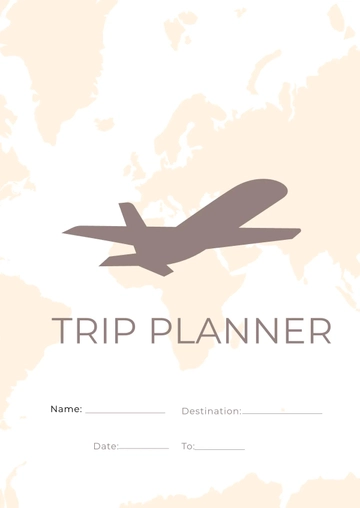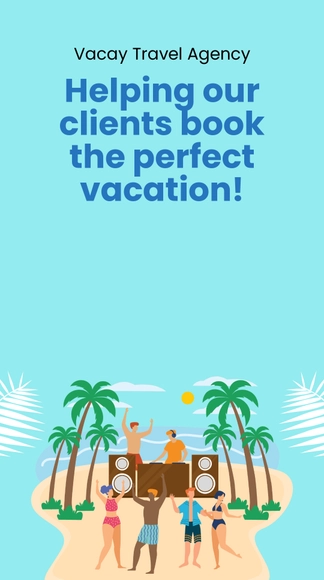Free Travel Agency Training Strategy
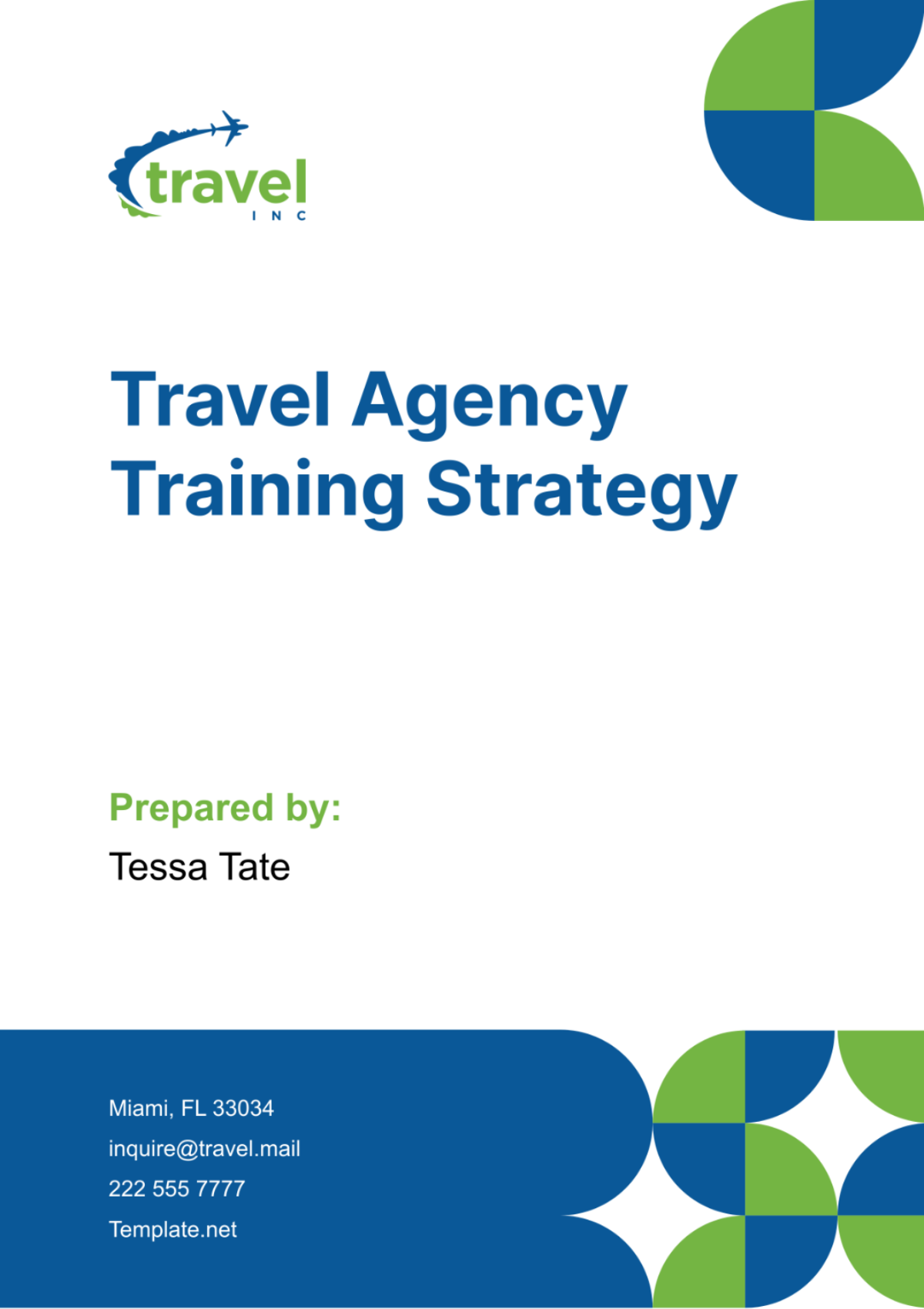
I. Introduction
In our commitment to maintaining and enhancing the highest standards of service within the travel industry, we have developed a comprehensive training strategy aimed at empowering our team members. The purpose of this training strategy is to ensure that all employees, from new hires to seasoned professionals, are equipped with the latest knowledge and skills required to excel in their respective roles. Our training programs are tailored to various departments, including sales, customer service, and operations, to promote efficiency and improve overall customer satisfaction.
II. Needs Assessment
As part of our strategy to enhance our service offerings, a thorough needs assessment was conducted to identify the skill gaps within our team. The assessment focused on comparing current skill levels against the skills required to meet both current and future operational demands. The findings are summarized in the table below:
Current Skills | Needed Skills | Training Needs |
|---|---|---|
Basic destination knowledge | Advanced destination expertise | In-depth training on new destinations |
Familiarity with booking tools | Proficiency in advanced tools | Advanced software use and integration |
Standard customer service | Exceptional customer service | Enhanced customer interaction training |
Basic sales techniques | Advanced sales strategies | Strategic sales techniques |
It is clear that while our team possesses a solid foundation in basic travel agency operations, there is a significant need to enhance their capabilities in several areas. Advanced training in destination knowledge will allow our team to offer more personalized travel advice, while proficiency in modern booking tools will streamline operations and improve customer experience. Moreover, by elevating our customer service and sales strategies, we can better meet the evolving needs of our clients and stay competitive in the market. This strategic alignment of training with organizational needs is essential for fostering a knowledgeable and efficient workforce.
III. Training Program Design
Our training curriculum is meticulously structured to cover all critical aspects necessary for the professional growth and efficiency of our team. It is designed to address the identified needs through a blend of theoretical and practical learning approaches, ensuring comprehensive understanding and skill development. The curriculum will encompass a variety of topics relevant to our operations and customer service, delivered through diverse methodologies to cater to different learning styles. Below is the detailed layout of our training program components:
Topics | Methodology | Materials |
|---|---|---|
Advanced Destination Knowledge | Classroom and Online Learning | Custom Manuals, Videos, Guest Lectures |
Booking System Proficiency | Hands-on Training | Simulation Software, Guidebooks |
Exceptional Customer Service | Workshops, Role Playing | Scenario Guides, Feedback Forms |
Strategic Sales Techniques | Interactive Sessions | Case Studies, Sales Playbooks |
Each topic is designed to enhance specific skills through targeted methodologies. Classroom and online learning will be used for theoretical knowledge, while hands-on training and interactive sessions will focus on practical skills. Materials such as simulation software and scenario guides will support these methods, providing resources that facilitate active learning and real-world application.
IV. Implementation
The implementation of our training program is planned with careful consideration to minimize disruption to our daily operations while maximizing learning outcomes. We aim to deliver this program within a structured timeline, utilizing the expertise of both our internal leaders and external specialists. The following table outlines the schedule, instructors, and venues for our training sessions:
Timeline | Instructor | Venue |
|---|---|---|
Internal Senior Managers | On-site Training Rooms | |
External Travel Experts | Online Platform | |
Certified Sales Trainers | Corporate Training Facility | |
Monthly | Customer Service Consultants | Mixed (Online and On-site) |
Training sessions are scheduled over several months to ensure thorough coverage of all topics without overwhelming the staff. The use of both on-site and online venues offers flexibility and accessibility, ensuring all team members can participate regardless of their location. By leveraging the expertise of external experts and internal managers, we aim to provide a rich learning experience that is both diverse and impactful.
V. Evaluation and Feedback
To ensure the effectiveness of our training program and its alignment with our strategic goals, a robust evaluation and feedback system will be implemented. This system will measure performance against predefined metrics, allowing us to refine and adjust the training as needed. Continuous feedback from participants and trainers will also be integral, providing insights into the training experience and areas for improvement. The evaluation process will involve both quantitative assessments and qualitative feedback mechanisms as outlined in the table below:
Metrics | Target Values |
|---|---|
Participant Knowledge Increase | 75% Improvement in Test Scores |
Customer Service Satisfaction | 20% Increase in Customer Ratings |
Sales Performance After Training | 15% Increase in Sales |
Adoption of New Tools and Systems | 90% Proficiency Within 3 Months |
These metrics will be tracked through tests, customer feedback, sales reports, and performance reviews to gauge the training's impact on both individual and organizational performance.
VI. Budgeting and Resources
The financial planning and resource allocation for our training program are critical to its successful execution. We have prepared a detailed budget and identified the necessary resources to ensure that all aspects of the training are well-supported. The following tables outline the estimated costs and resources required:
Costs
Item | Estimated Cost |
|---|---|
Trainer Fees | $20,000 |
Materials and Supplies | $5,000 |
Venue Rental | $3,000 |
Technology (Software, Hardware) | $10,000 |
Miscellaneous | $2,000 |
Resources
Resource | Quantity/Specification |
|---|---|
Training Rooms | 2 On-site |
Computers and Software | 20 PCs, Training Software Suite |
Projectors and Other AV Equipment | 3 Units |
Training Manuals and Materials | 100 Copies Each Topic |
Online Platform Access | Unlimited for Duration of Training |
The total budget for the training program is estimated at $40,000. This investment is justified by the expected improvements in employee performance and customer satisfaction. Adequate resources, including technological and physical, have been allocated to facilitate an engaging and effective training environment.
VII. Documentation and Reporting
Maintaining comprehensive documentation and systematic reporting is paramount in our training strategy. Records of training participation, progress, and outcomes will be meticulously kept. Documentation will include attendance records, assessment results, and feedback forms. Reporting will occur at regular intervals throughout the training period and upon its conclusion, providing insights into the effectiveness of the training and areas for further improvement. These reports will be shared with management to inform future training decisions and adjustments, ensuring our training efforts are data-driven and aligned with our organizational objectives.
- 100% Customizable, free editor
- Access 1 Million+ Templates, photo’s & graphics
- Download or share as a template
- Click and replace photos, graphics, text, backgrounds
- Resize, crop, AI write & more
- Access advanced editor
Boost your travel agency's performance with our Travel Agency Training Strategy Template from Template.net. This fully editable and customizable template is designed to streamline your training processes, ensuring comprehensive and effective skill development. Easily modify it to fit your needs using our AI Editor tool, making it a perfect fit for any travel business.
